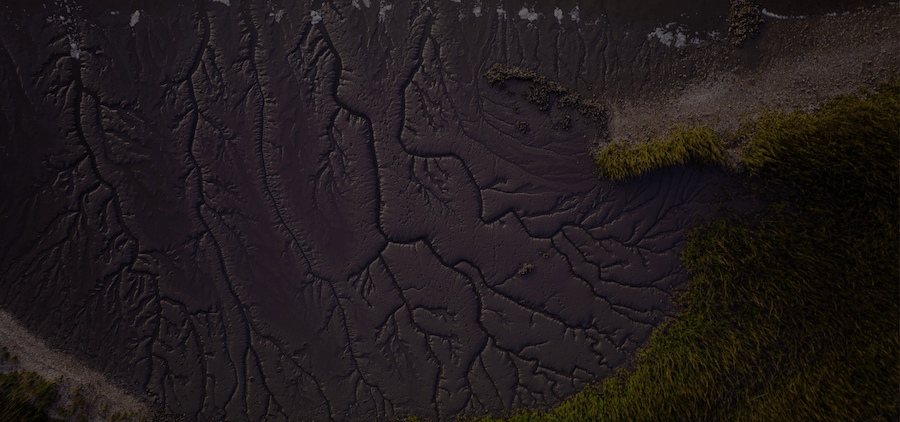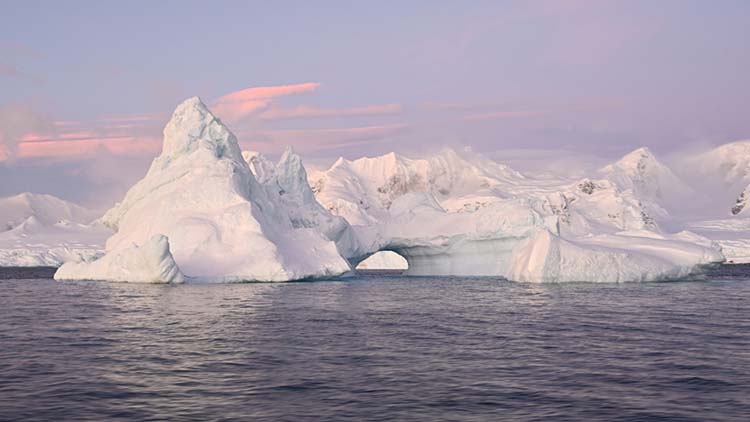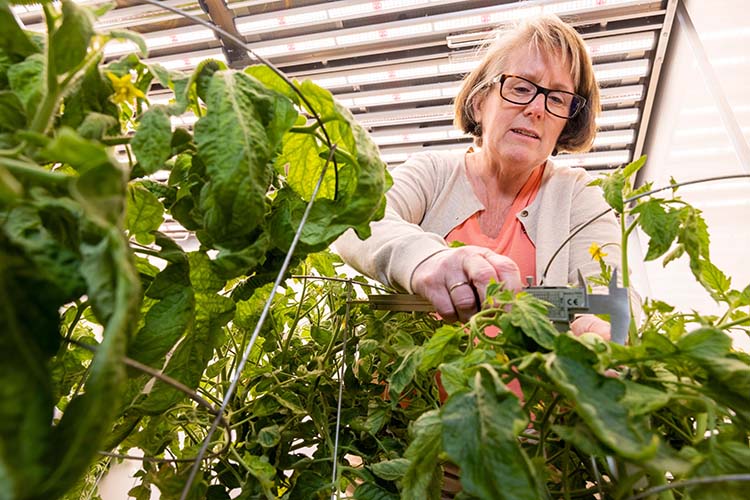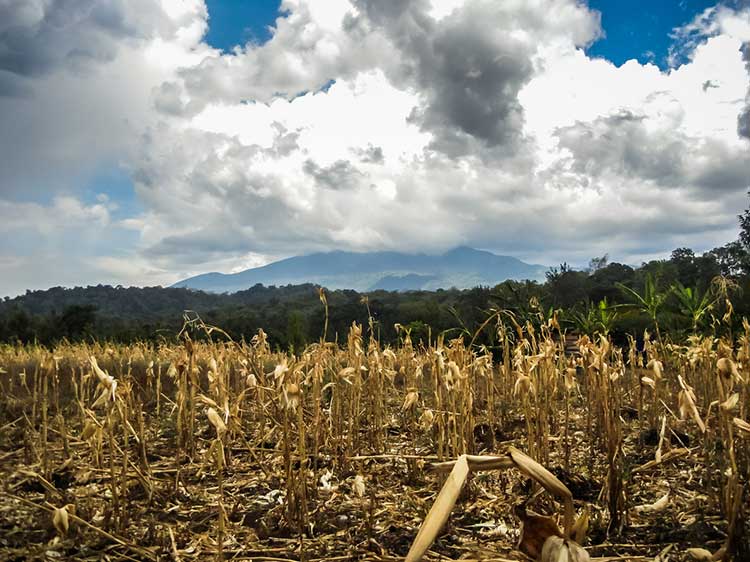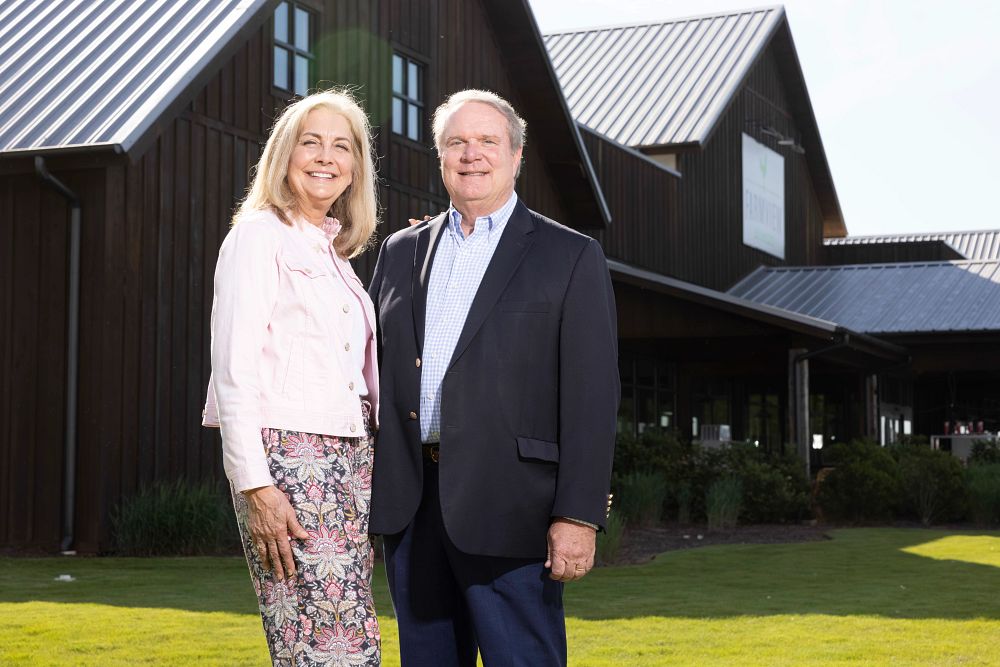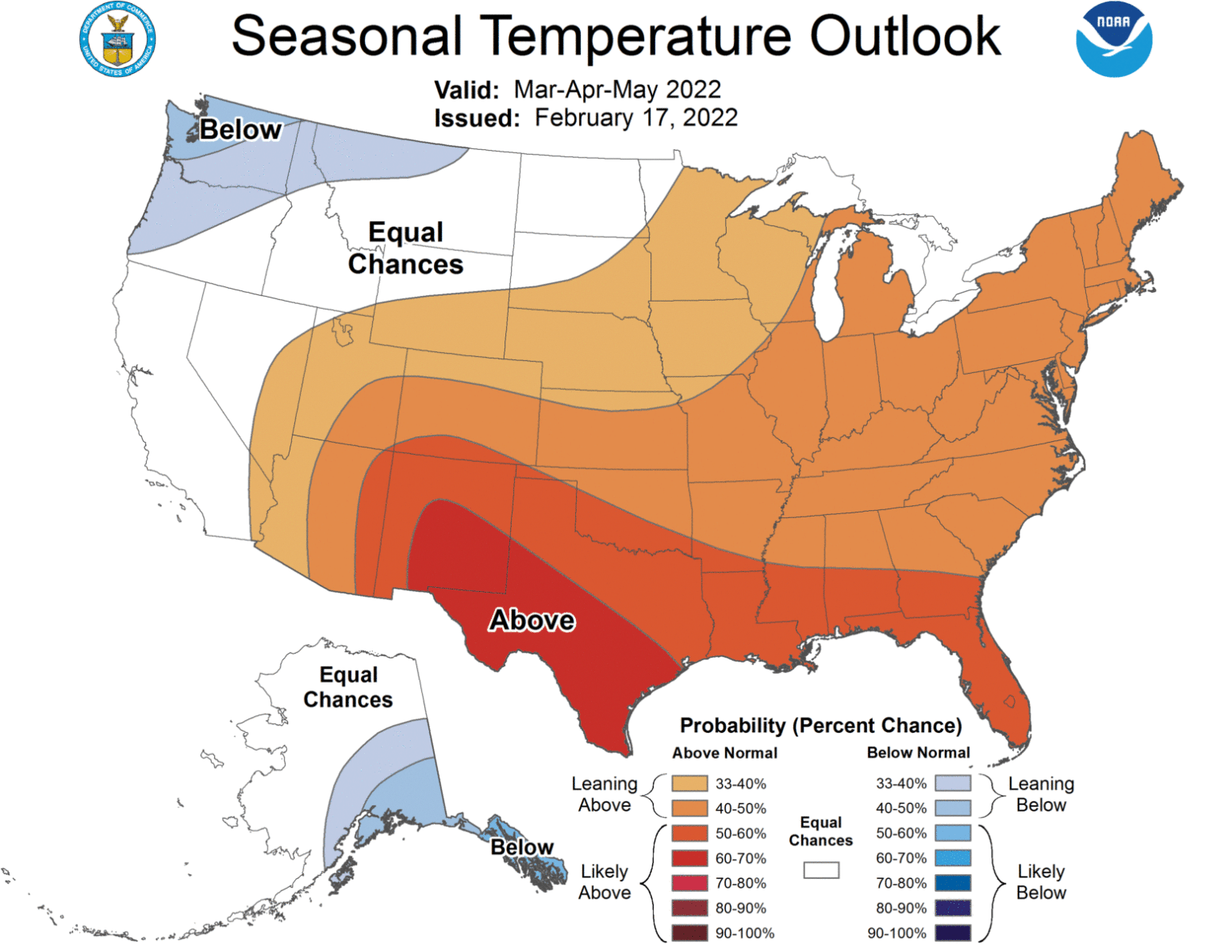.jpg) CAES News
CAES News
Climate Outlook
While we had an early start to the growing season, it was followed by colder conditions in March that slowed things down quite a bit. Since that time, we have seen periods of very warm weather alternating with much cooler conditions. As soil temperatures rise and fall, it has been tough for farmers to know when to plant. The big player in the weather the rest of this growing season and next winter is the rapidly developing El Niño.

